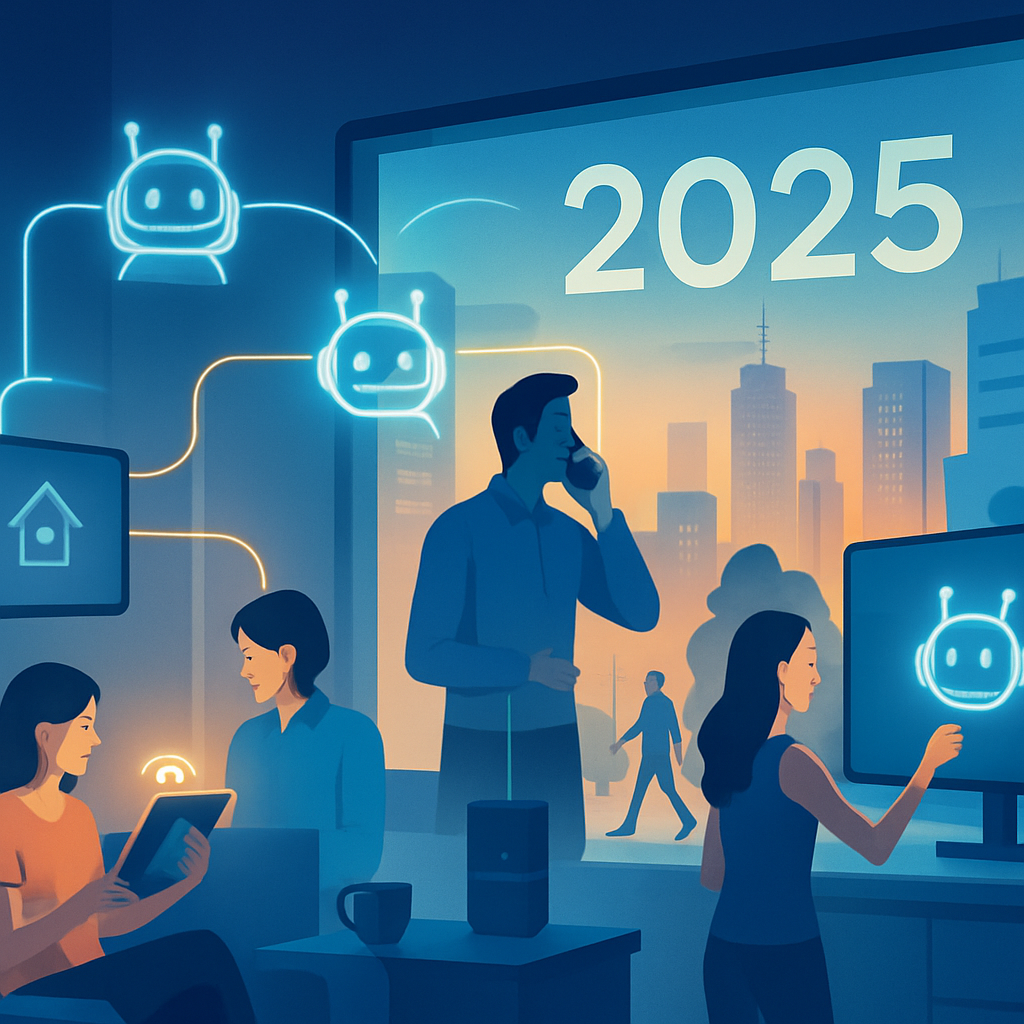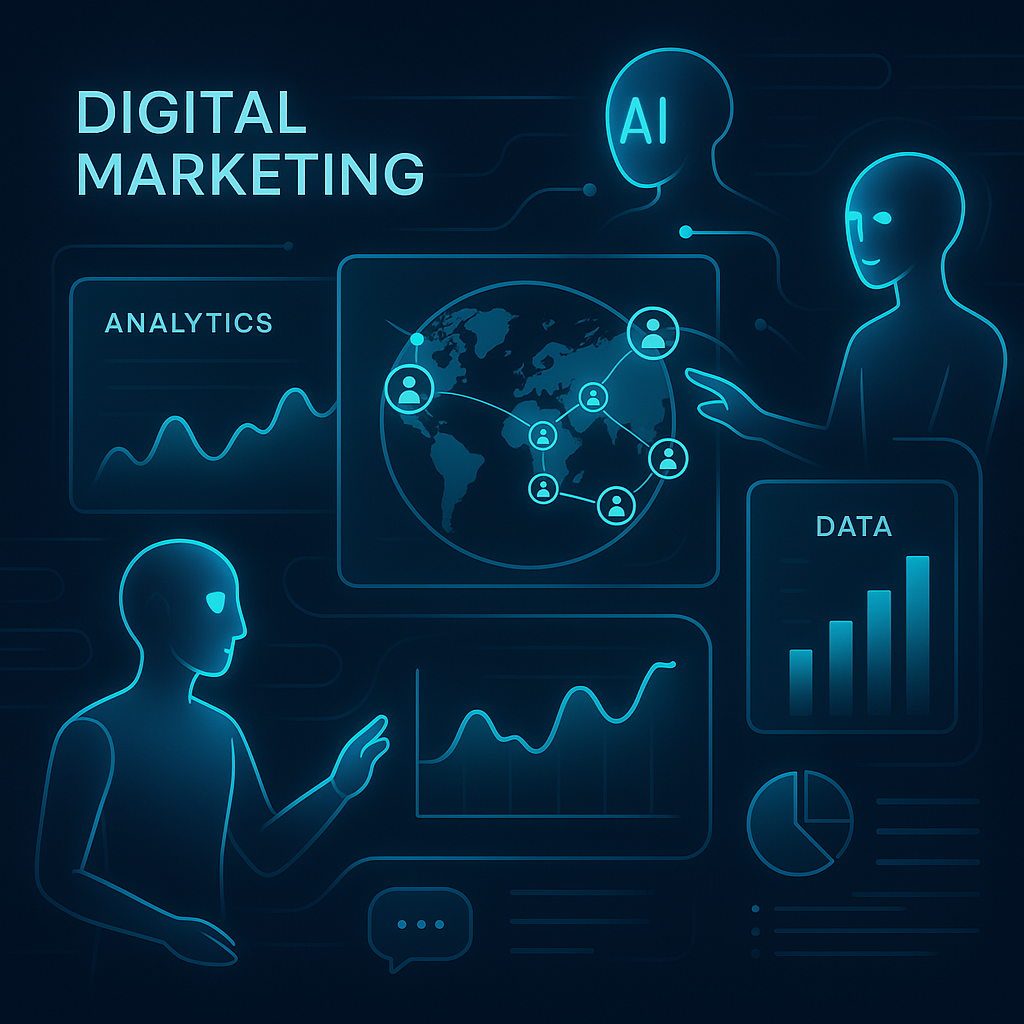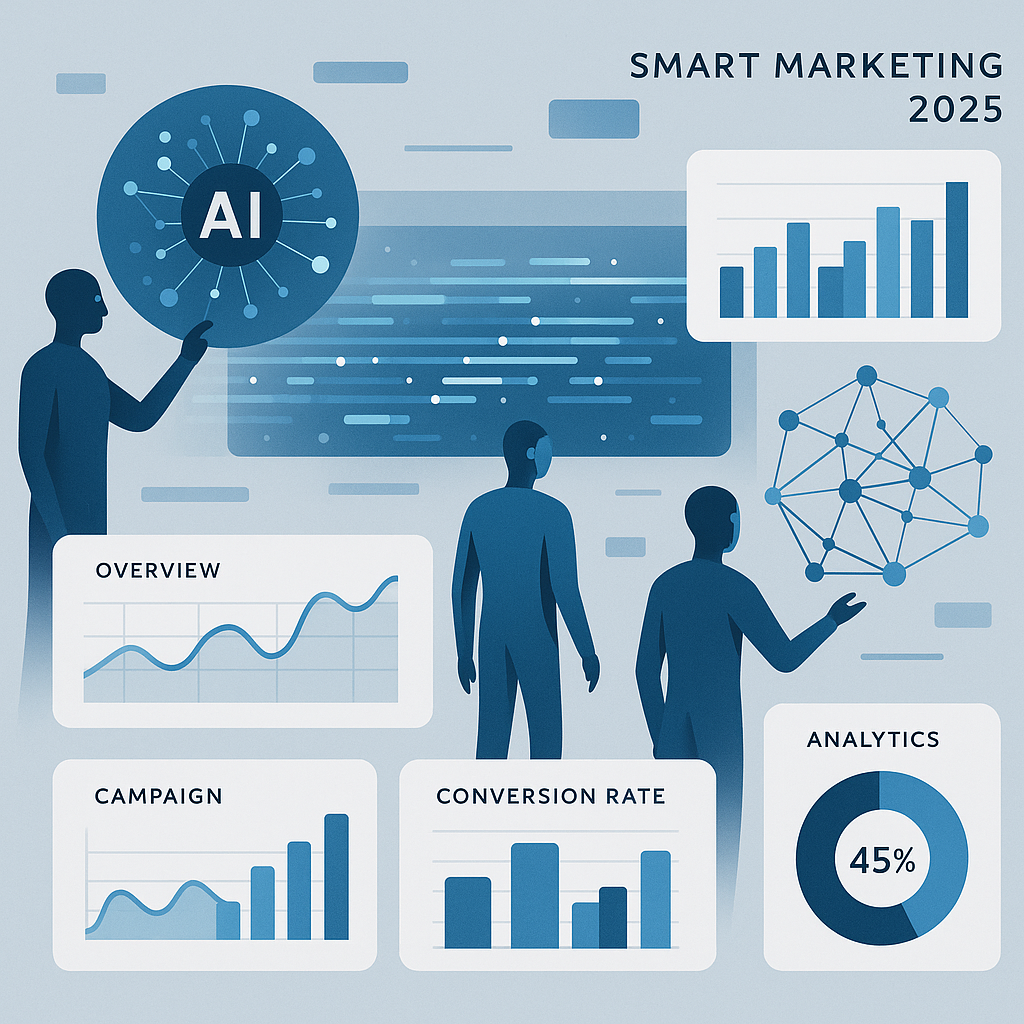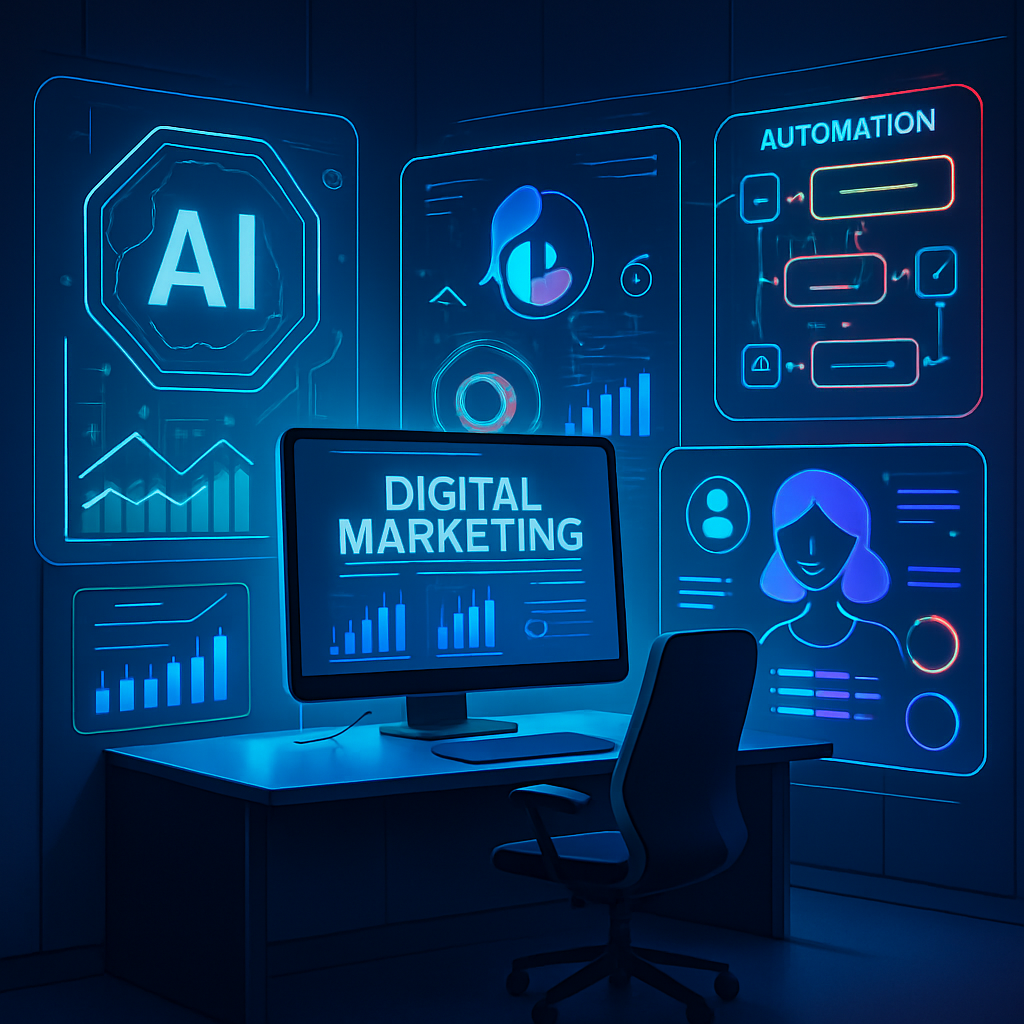
How Intelligent Agents Revolutionize AI Applications in Everyday Life
Understanding Intelligent Agents in artificial Intelligence
Artificial intelligence (AI) has become a cornerstone technology in shaping the future, but at the heart of many advances lies the concept of intelligent agents. These are autonomous entities embedded with AI capabilities that perceive their environment, reason about it, and act to achieve specific goals. Unlike static algorithms, intelligent agents continuously learn and adapt, making decisions that reflect real-world dynamics.
In the context of ai applications in everyday life, intelligent agents provide the bridge between complex data processing and user-centric interactions. They are designed to operate independently, often handling multiple tasks simultaneously with minimal human intervention, enhancing both efficiency and personalization.
Key Characteristics of Intelligent Agents
- Autonomy: They act without direct human instruction, autonomously performing tasks based on environment stimuli.
- Reactivity: Intelligent agents respond promptly to changes in their surrounding conditions.
- Proactivity: They exhibit goal-directed behavior, initiating actions to fulfill objectives.
- Learning and Adaptability: Modern agents improve performance by learning from new data streams and interactions.
- Social Ability: Many agents communicate and collaborate with other agents or humans to accomplish complex activities.
Revolutionizing Applications of Intelligent Agents in Everyday Life
1. Personalized Virtual Assistants and Smart Devices
Intelligent agents have transformed virtual assistants from simple command executors into proactive personal aides. Contemporary assistants can schedule meetings based on context, predict user needs, and seamlessly integrate with smart home devices to adjust lighting, climate, and security systems dynamically.
For instance, intelligent agents in smart home hubs continuously monitor user preferences, recognize patterns such as waking hours, and adjust environments accordingly — all while learning and adapting to new habits.
2. Advanced Healthcare Monitoring and Management
In healthcare, intelligent agents drive personalized medicine by analyzing patient data in real time. Wearables equipped with AI agents monitor vital signs, detect anomalies, and alert users or medical professionals to potential issues promptly.
Moreover, agents coordinate with healthcare providers to manage medication schedules and recommend lifestyle adjustments, significantly improving chronic disease management and preventive care.
3. Dynamic Transportation and Mobility Solutions
Intelligent agents are central to the evolution of smart transportation systems. Autonomous vehicles rely on multiple agents to interpret sensor data, predict traffic flow, and make split-second navigation decisions.
On a broader scale, intelligent agents optimize public transit schedules by analyzing commuter patterns and dynamically adapting routes and frequencies, enhancing efficiency and reducing urban congestion.
4. Personalized Learning and Adaptive Education
Education platforms now leverage intelligent agents to design bespoke learning experiences. These agents analyze student performance, identify strengths and weaknesses, and curate content tailored to individual learning styles and paces.
Such adaptive educational agents make learning more engaging and effective, offering timely feedback and interventions that promote mastery and curiosity.
5. Enhanced Customer Service and E-Commerce Experiences
In the retail sector, intelligent agents revolutionize the customer journey by offering hyper-personalized recommendations and 24/7 support through conversational AI chatbots that understand context, preferences, and sentiment nuances.
These agents also streamline inventory management and logistics by forecasting demand fluctuations and automating restocking processes, ensuring customers receive products swiftly and reliably.
Emerging Trends Amplifying the Power of Intelligent Agents
Integration with Edge Computing
Deploying intelligent agents at the edge reduces latency and enhances privacy by processing data closer to the source, critical for real-time decision-making in smart homes and autonomous vehicles.
Multi-Agent Collaboration
Systems now feature networks of intelligent agents cooperating to solve complex problems, such as coordinated traffic management or collaborative healthcare diagnostics, leading to more holistic and efficient solutions.
Explainable and Ethical AI
2025 sees a surge in developing intelligent agents capable of providing transparent decisions and operating within ethical guidelines, fostering trust and accountability in AI systems embedded in everyday life.
Challenges and Considerations
While intelligent agents offer transformative benefits, challenges remain. Ensuring data security and privacy is paramount, particularly as agents collect sensitive personal information. Furthermore, balancing autonomy with human oversight is critical to prevent unintended consequences or biases in decision-making.
Designers of intelligent agents must also address interoperability across diverse platforms and devices to ensure seamless user experiences.
Conclusion
Intelligent agents are redefining artificial intelligence applications in everyday life by enabling smarter, more responsive, and adaptive systems that intimately understand and anticipate human needs. Their ubiquitous presence—from virtual assistants and smart healthcare monitors to autonomous vehicles and personalized learning platforms—illustrates a future where AI seamlessly integrates into daily routines.
As development progresses, the fusion of autonomy, adaptability, and ethical transparency in intelligent agents promises to unlock unprecedented possibilities, fundamentally reshaping how people live, work, and interact with technology.







